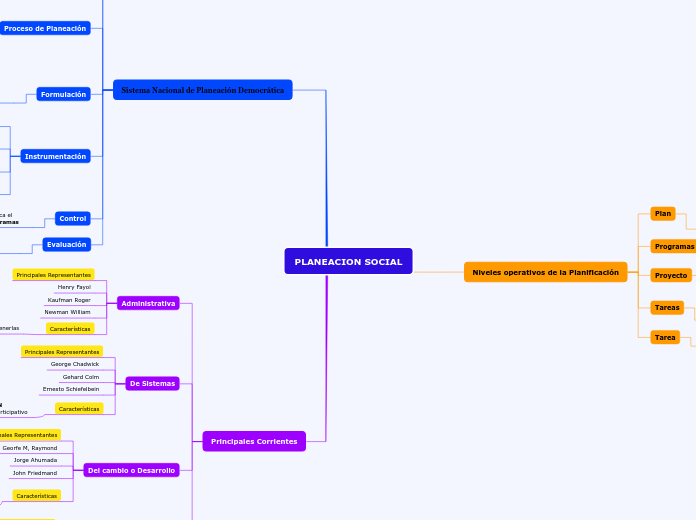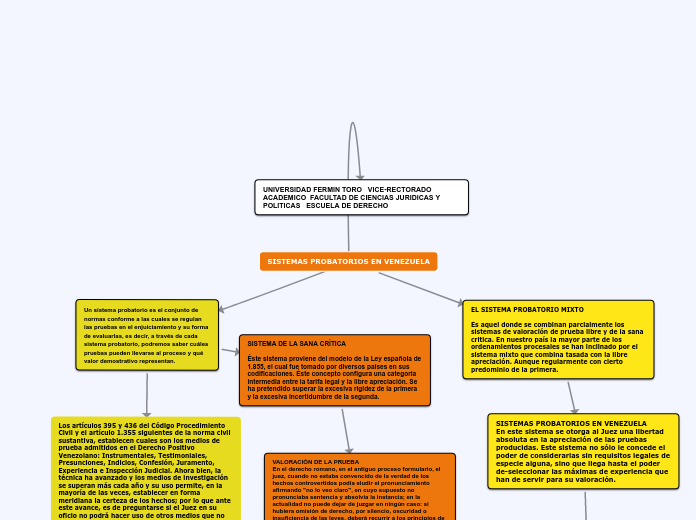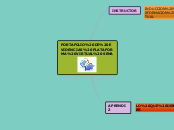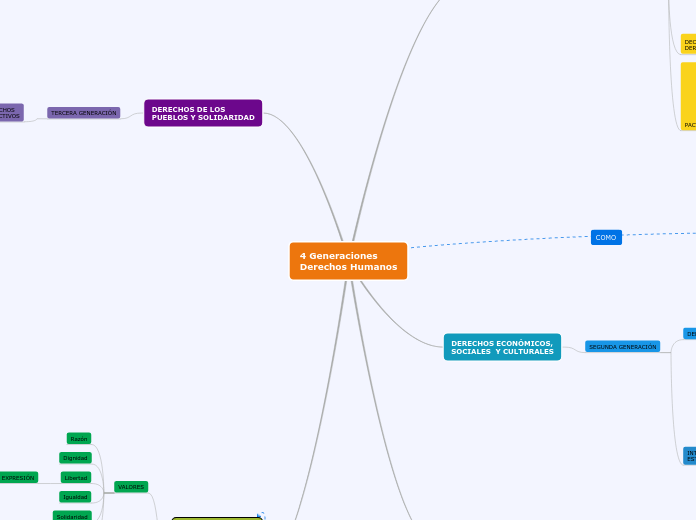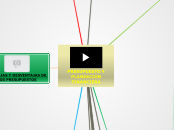PLANEACION SOCIAL
In linguistics, syntax is the set of rules, principles, and processes that govern the structure of sentences in a given language, usually including word order.
Principales Corrientes
A compound sentence is a sentence that has at least two independent clauses joined by a comma, semicolon or conjunction. An independent clause is a clause that has a subject and verb and forms a complete thought.
Prospectiva o Innovación
Comprende diagnostico
pronostico, programación, toma de decisiones, implementación, control y evaluación
Clarence E, Beeby
Wladimir Sachs
Bertrand de Jouvenel
Warren Ziegier
Del cambio o Desarrollo
Conocimientos científicos y técnicos
verifica la prioridad
facilidad y compatibilidad de objetivos
John Friedmand
Jorge Ahumada
Georfe M, Raymond
De Sistemas
Mecanismo de RETROALIMENTACION
Recae sobre interdisciplinario y multiparticipativo
Ernesto Schiefelbein
Gehard Colm
George Chadwick
Administrativa
When independent clauses are joined with coordinators (also called coordinating conjunctions), commas and semicolons, they do more than just join the clauses. They add meaning and flow to your writing.
Características
Exige establecer metas y medios de obtenerlas
Newman William
Kaufman Roger
Henry Fayol
Principales Representantes
Sistema Nacional de Planeación Democrática
A complex sentence is a sentence that contains an independent clause and one or more dependent clauses.
An independent clause can stand alone as a sentence, but a dependent clause even though it has a subject and a verb cannot stand alone.
Evaluación
Esta de proceso de planeación, valor cualitativa y cuantitativa
Control
Attributive clauses serve as an attribute to a noun (pronoun) in the main clause. This noun or pronoun is called the antecedent of the clause.
Conjunto de actividades, identifica el cumplimiento de planes y programas
Instrumentación
An adverbial clause is a group of two or more words that function as an adverb in a sentence.
Vertiente de introducción
Ordena el manejo de instrumentos y acciones económicos, sociales y políticos
Vertiente de concertación
Define convenios y acuerdos
Vertiente de coordinación
Establece acuerdos y compromisos : federal, estatal y municipal
Traducirán los Planteamientos y programas de mediano plazo
Vertiente obligatoria
Alude a las acciones
Formulación
An appositive clause follows another noun or noun phrase in apposition to it; that is, it provides information that further identifies or defines it.
Conjunto de actividades, programas y estrategias en la preparación de diagnostico económicos y sociales
Proceso de Planeación
The subject clause is a dependent clause that acts as a subject.
Inducida
Concertada
Coordinación
Obligatorio
Vertientes :
Objetivo
A predicative clause may be introduced by conjunctions - that, whether, whether... or, as, as if, as though, because, lest, the way - or connectives.
The latter may be conjunctive pronouns - who, whoever, what, whatever, which - or conjunctive adverbs - where, wherever, when, whenever, how, why.
Llevar a cabo la planeacion nacional de desarrollo y encauzar en funcion de actividades de las Administracion Publica Federal
¿Qué es la Ley?
The object clause is a phrase on which a verb performs an action. It falls at the end of a sentence, and is governed by a verb or a preposition.
Conjunto de Normas de orden publico e interés social
Niveles operativos de la Planificación
Tarea
The attribute is defined as a quality or characteristic of a person, place or thing.
Acción que operacionalizada una actividad con un grado máxima de concreción y especifidad
Tareas
The predicative is defined as an adjective or noun forming or contained in the predicate.
Its main trait is that it serves to express a property that is assigned to a 'subject'.
For e.g.: The dog is old.
Medio de Intervención sobre la realidad, mediante la realización secuencial e integrada para alcanzar metas y objetos
Proyecto
Traditional grammar defines the object in a sentence as the entity that is acted upon by the subject.
Conjunto de actividades, concretas, interrelacionadas y coordinadas entre si, con el fin de producir determinados bienes y servicios capaces de resolver problemas
The direct object is the receiver of the action mentioned in the sentence.
Programas
The predicate of a sentence is the part that modifies the subject in some way. Because the subject is the person, place, or thing that a sentence is about, the predicate must contain a verb explaining what the subject does and can also include a modifier.
Conjunto organizado, coherente e integrado de actividades, servicios o procesos
Plan
The subject of a sentence is the person, place, thing, or idea that is doing or being something. You can find the subject of a sentence if you can find the verb.
Ask the question, 'Who or what 'verbs' or 'verbed'?' and the answer to that question is the subject.
Decisiones de carácter general, lineamientos políticos fundamentales, recurso a esas prioridades, estrategias de acción y conjunto de medios e instrumentos, para alcanzar las metras y objetivos
